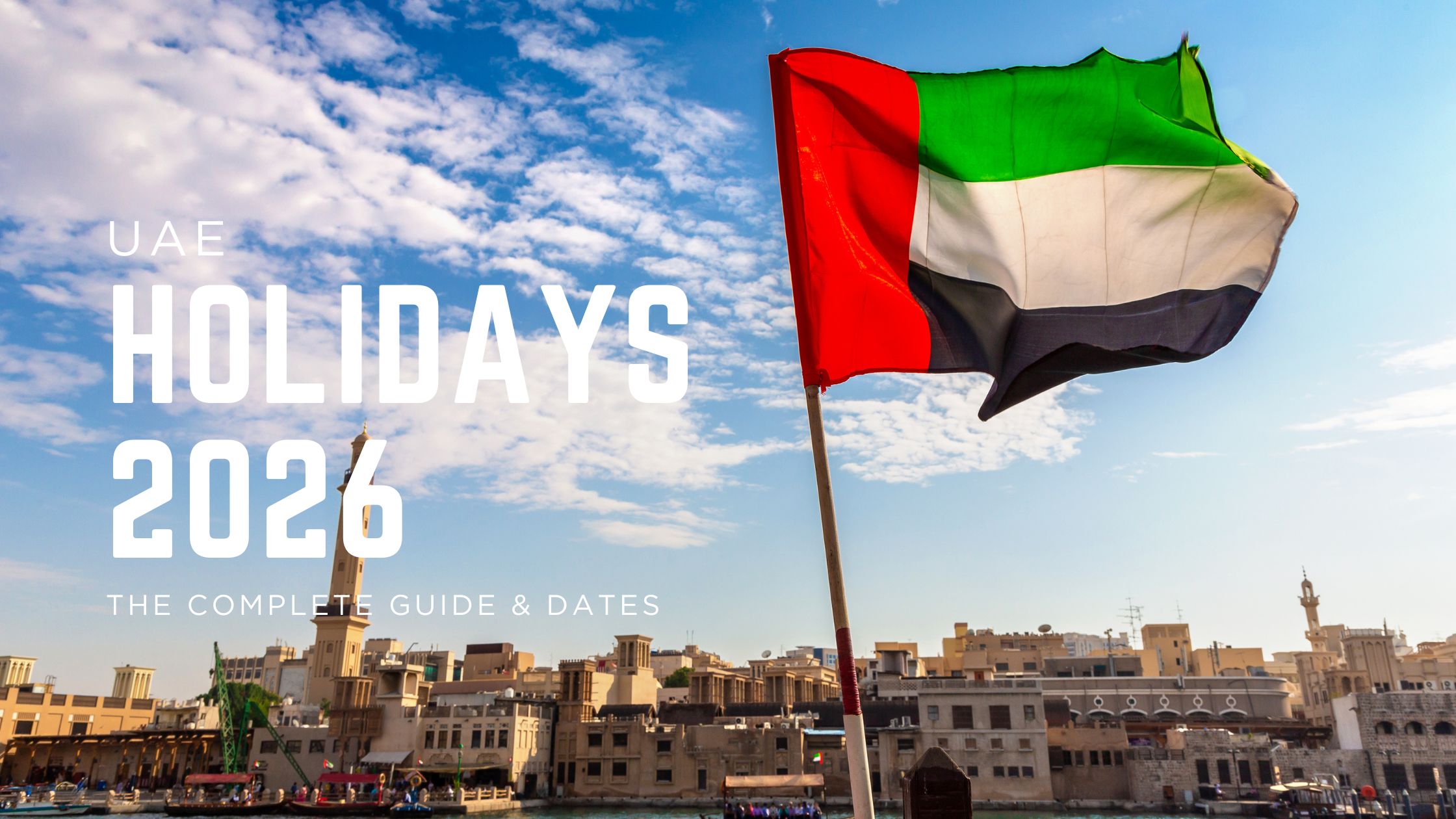Middle East Startups Thrive in 2025 as Region Becomes Global Innovation Hotspot

Riyadh, Saudi Arabia – The startup ecosystem across the Middle East is booming in 2025, with a sharp rise in venture capital activity, cross-border collaboration, and government support transforming the region into one of the fastest-growing innovation hubs globally.
From fintech in Riyadh to healthtech in Cairo and AI-driven logistics in Dubai, startups are driving economic diversification, job creation, and digital transformation across the GCC and wider MENA region.
“The region has entered a new era. We’re seeing scalable, exportable startups born here — built by regional talent, solving local and global problems,” said Laila Al Maktoum, managing partner at a UAE-based early-stage venture fund.
Record Investment and International Attention
According to a recent report by MAGNiTT, startups in the MENA region raised over $6.2 billion in the first eight months of 2025 — a 29% increase year-on-year. The UAE, Saudi Arabia, and Egypt remain the top three ecosystems, together accounting for over 75% of all deal volume.
Notable developments:
Sequoia Capital opened its first MENA office in Abu Dhabi.
Saudi Arabia’s Sanabil Investments committed an additional $1B to early-stage funds.
Egypt’s fintech sector received more than $400M in funding this year alone.
“For the first time, global investors are looking at MENA not just as an emerging market, but as a place where unicorns can be built,” said Nour El Sherif, a Cairo-based angel investor.
Top Sectors Driving Startup Growth
Sector Description
Fintech Digital banking, remittance platforms, BNPL, and open banking APIs
HealthTech AI-powered diagnostics, telemedicine, and e-pharmacy apps
EdTech Mobile-first platforms targeting K–12 and vocational training
ClimateTech Water tech, solar solutions, carbon management for desert environments
AI & SaaS Serving SMEs, government, and logistics with Arabic-first tools
The rise of Arabic-language generative AI tools has sparked a wave of new SaaS products tailored for the region, supported by regional cloud infrastructure expansion.
Government-Led Ecosystem Support
National visions and government-backed initiatives are accelerating startup activity across the Gulf and beyond:
UAE’s Hub71, Dubai Future District Fund, and Sharjah Research Park are offering equity-free grants and free-zone benefits.
Saudi Arabia’s Garage Accelerator and Monsha’at SME Authority are nurturing early-stage startups through mentorship, funding, and regulatory support.
Qatar has expanded its Qatar Science & Technology Park (QSTP), with new tech incubators focused on AI and clean energy.
“We’re not just funding ideas. We’re building ecosystems with long-term policy, capital, and infrastructure support,” said Eng. Saleh Al Khaldi, Director of Saudi Arabia’s National Innovation Center.
Startup Founders: Younger, Bolder, Global
The 2025 startup landscape is being shaped by a new generation of founders — often in their 20s and 30s — who are educated abroad or locally, digitally fluent, and more global in their mindset.
Many are now building:
Cross-border platforms across GCC, North Africa, and South Asia
B2B SaaS models with USD revenue targets
Mission-driven brands aligned with ESG principles
“Founders are more ambitious than ever. They’re not thinking just regionally — they’re thinking IPOs, exits, and global competition,” said Maha El Haddad, a Lebanese VC operating in Dubai.
Challenges Ahead: Regulation, Talent & Exits
Despite the momentum, the region’s startup scene still faces hurdles:
Talent shortages in product, design, and senior engineering roles
Fragmented regulations across borders slowing expansion
Limited exit options due to a still-nascent IPO and M&A environment
Efforts are underway to solve these challenges, including:
Cross-border startup visa schemes
Regional IPO accelerators
Government-backed fund-of-funds strategies to de-risk early-stage investing
Conclusion: The Startup Future is Arab-Built
With increasing capital inflows, growing founder confidence, and deepening ecosystem maturity, the Middle East is no longer a passive consumer of global innovation — it’s becoming a producer.
“Startups here are no longer just copy-paste models of the West. They’re culturally relevant, tech-driven, and globally scalable,” said Rami Abdulrahman, founder of a Riyadh-based logistics tech startup.
The next five years will determine how many homegrown unicorns the region can produce — and whether the Middle East can cement its place as a global force in the startup economy.






